
You’ve heard them at the dinner table. You’ve probably mumbled them to a younger cousin. And now, surprise! Some of those rules were nothing but clever little traps. Not the fun kind, either. We’re talking about the ones dressed in courtesy but stitched together with quiet power. Let’s pull the curtain back on these social stage directions.
Do Not Talk Back
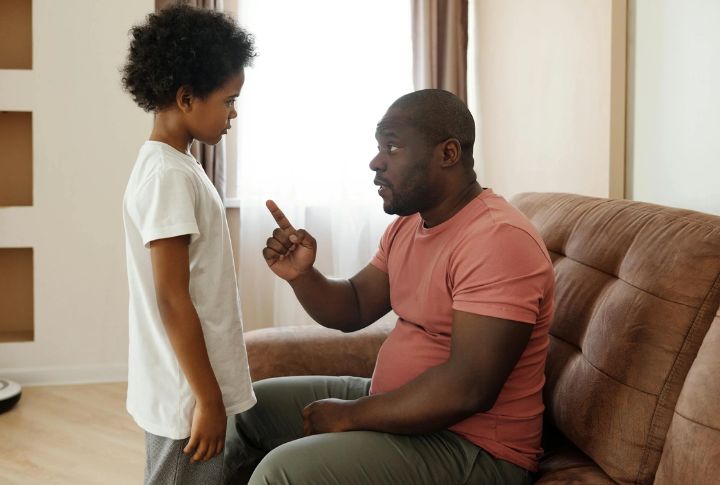
This expectation was never only about being respectful; it was about obedience. From classrooms to family tables, those in charge used it to silence dissent. “Backtalk” became a label for any pushback, no matter how thoughtful, especially from women or subordinates challenging a flawed decision.
Respect Authority Without Question

Blind respect had little to do with virtue and everything to do with maintaining control. This rule discouraged questioning those in charge. When challenging authority is treated as rebellion, power remains unchecked. Those beneath it are left with fewer ways to demand fairness or clarity.
Children Should Be Seen, Not Heard

More than table manners, the rule served to silence young voices. Children were expected to observe, not participate, especially during meals. Their thoughts were dismissed as naive, which reinforced hierarchies where adults controlled the dialogue. Kids quickly learned that listening meant obedience, not learning.
Do Not Make A Scene
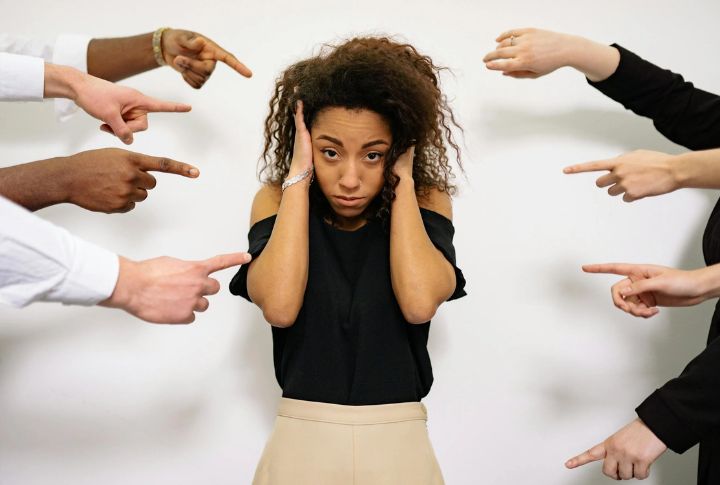
Sometimes, drawing attention was framed as embarrassing, but only for the one without power. This social expectation pressured people—most often women—not to expose wrongdoing in public. Whether facing harassment or unfair treatment, staying quiet was praised while the actual problem was left untouched.
Stay In Your Place

It typically arrived in a friendly tone, but the message stayed sharp: do not aim too high. The phrase followed people through offices and daily life. “Knowing your place” meant living within boundaries set by others, even when the limits served no real justice.
Do Not Show Too Much Emotion

Emotion was policed unevenly. Anger or sadness could damage someone’s image unless they hold status. Women were often dismissed as unstable, while men of color faced suspicion. Those at the top, though, could show intensity and still be respected. The standards shifted depending on privilege.
Accept Unfair Treatment Gracefully

Grace was expected from the mistreated, not the mistreaters. People suffering injustice were praised when they stayed calm and composed, while the aggressors faced no social consequences. This rule portrayed quiet suffering as noble, conveniently overlooking the fact that fairness sometimes requires discomfort and confrontation.
Speak Only When Spoken To
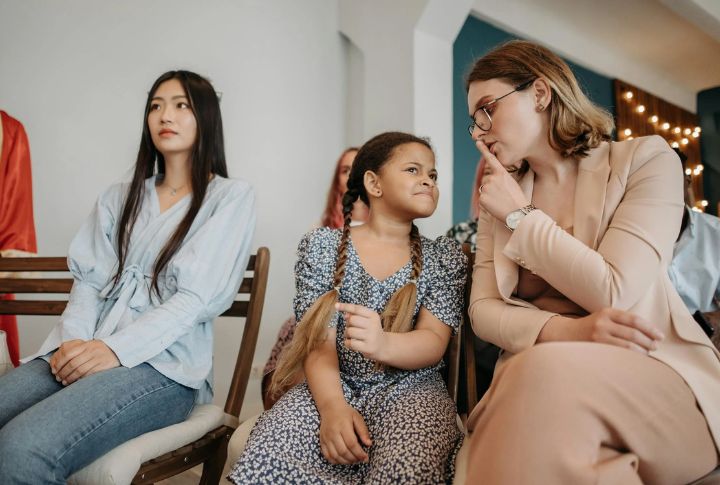
In practice, this silenced more than it civilized. It taught children and marginalized individuals that their voices were interruptions—not contributions. Those allowed to speak first shaped the conversation. Everyone else had to wait for permission that often never came.
Follow Traditions Without Question
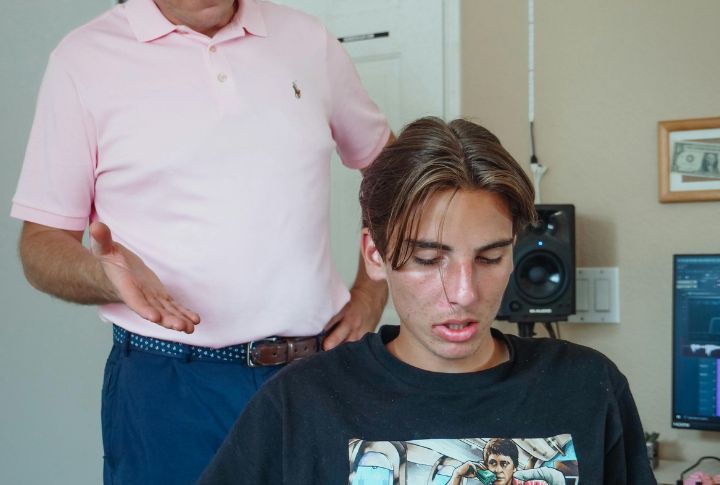
Tradition regularly acted as a cover for control. When people asked why things stayed the same, they heard, “That’s how it’s always been.” This phrase went beyond explanation and served as a warning. The more unquestioned the custom, the easier it became to keep power in place.
Keep Your Opinions To Yourself
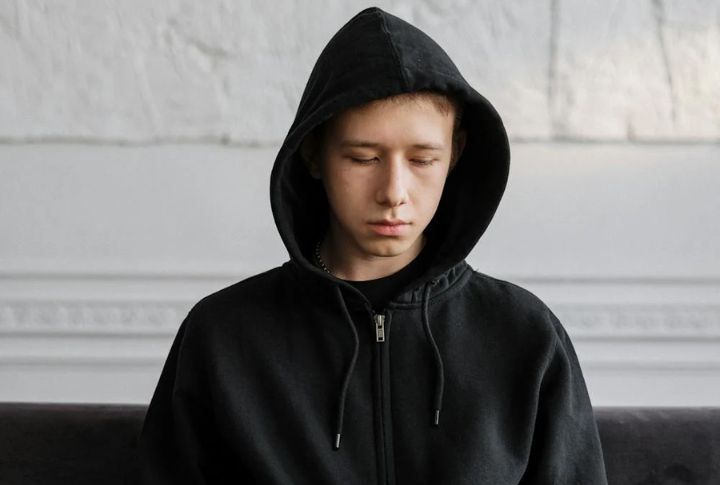
People were told staying quiet made them wiser. In reality, it mostly protected those already in charge. Some voices got heard no matter what. Others got labeled as “out of line.” Over time, silence stopped being polite, and it became the safest way to stay out of trouble.

